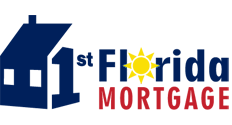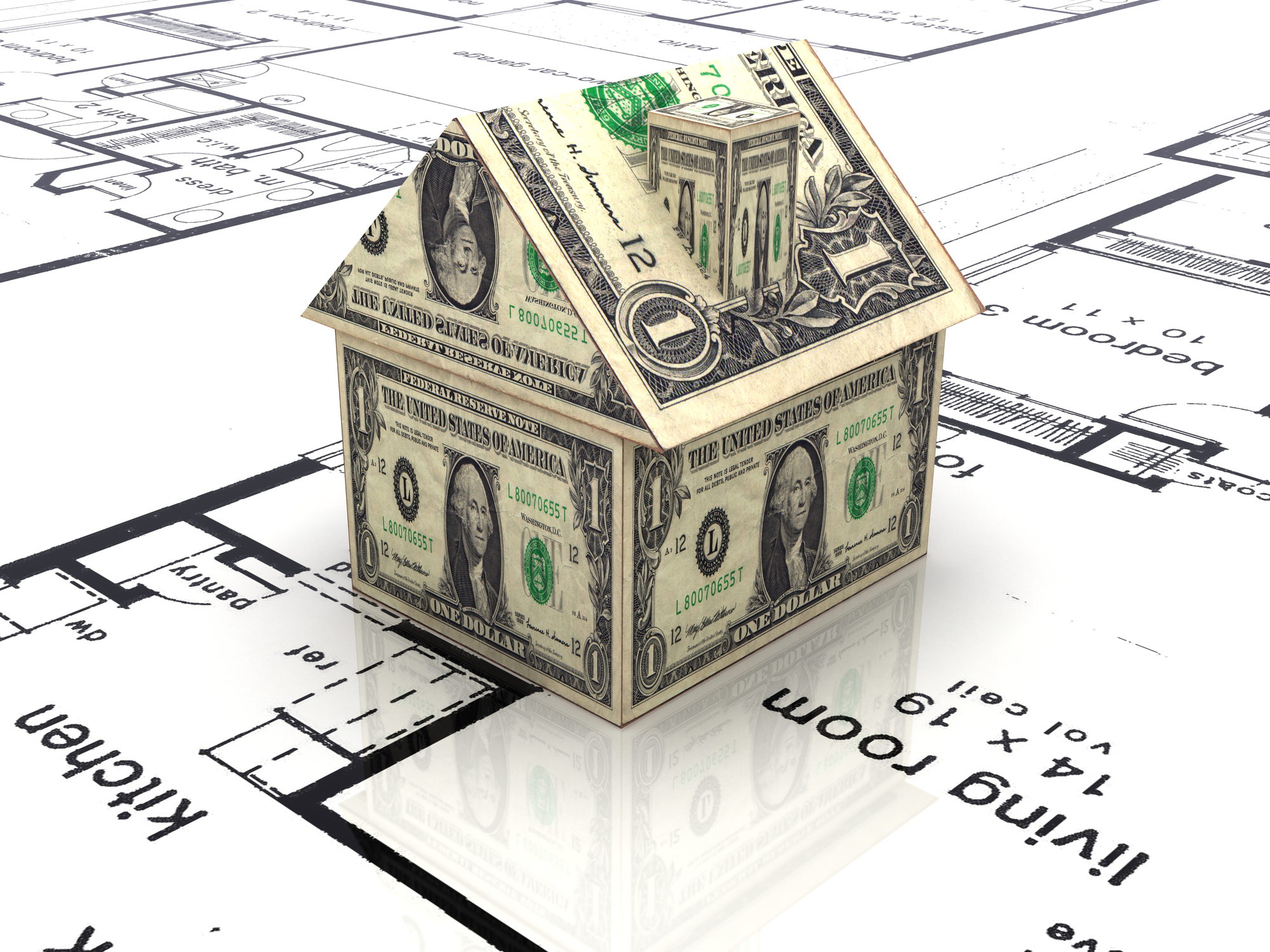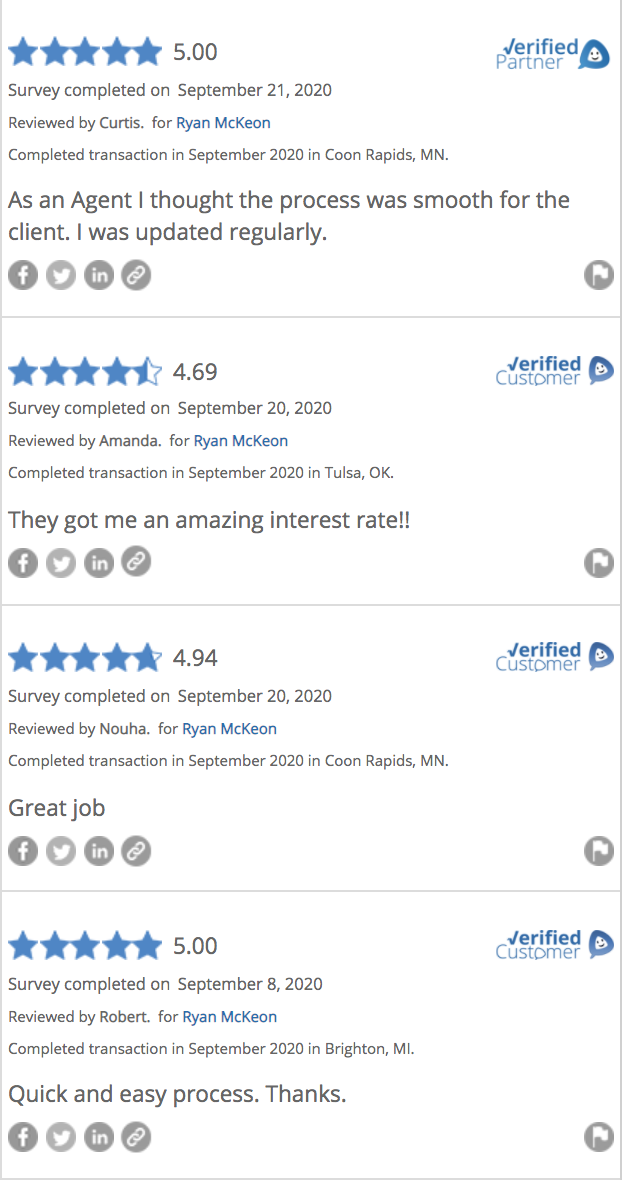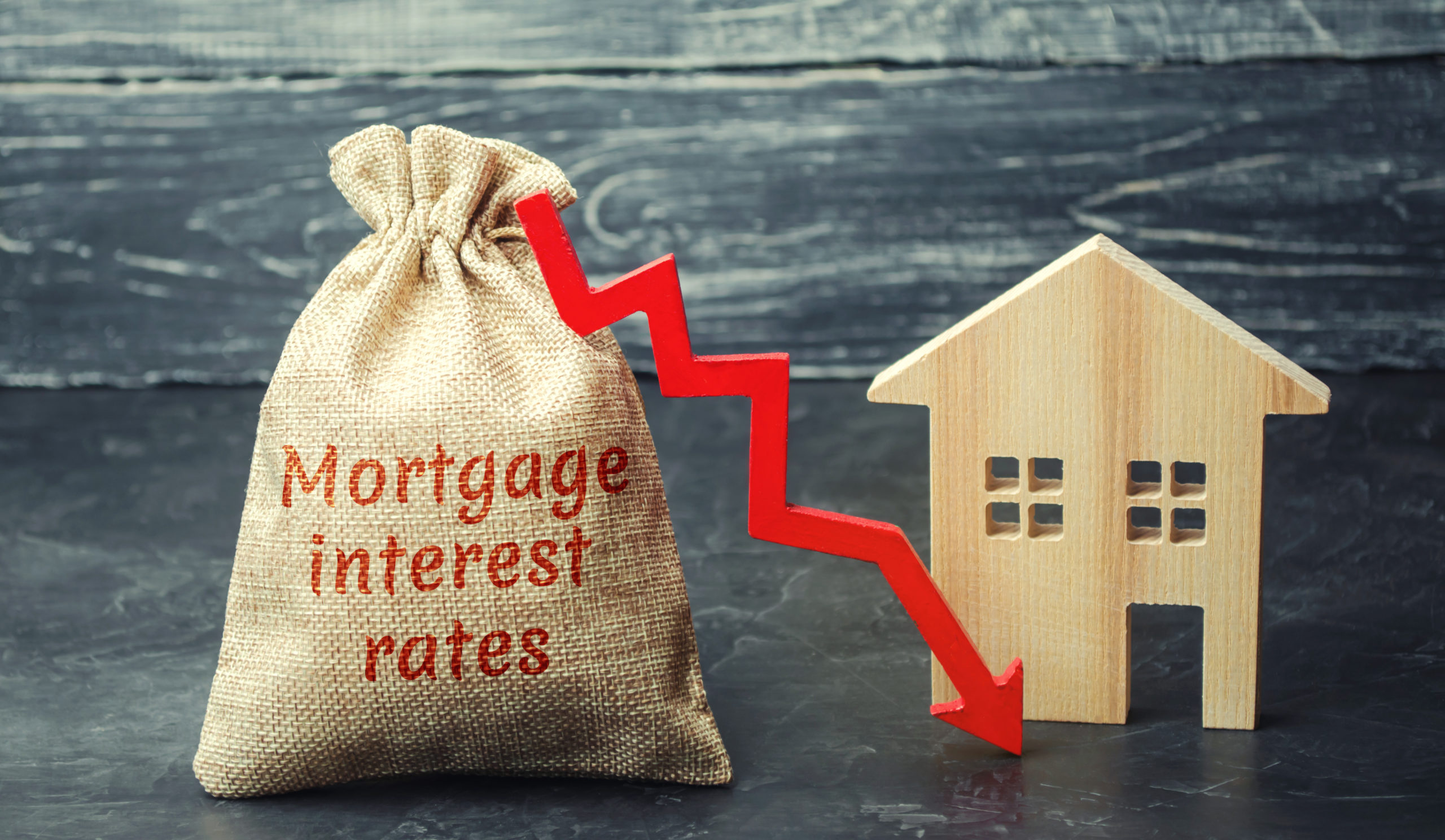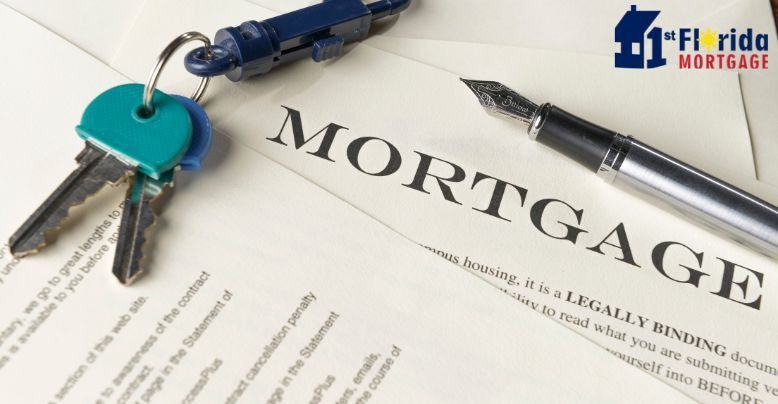Setting aside funds for a down payment for a home loan isn’t easy. Buyers obtaining a traditional loan need at least 20 percent as a down payment; otherwise, private mortgage insurance (PMI) will be required. That can add a significant amount to pay on top your mortgage payment.
Today, the median home listing price in the US is $226,800 according to Zillow. Twenty percent of that is $45,360, but most people don’t have $45,000 sitting in a bank account. Many home buyers only put down 14 percent of the home’s sale price, which means they are adding on hundreds to thousands of dollars with PMI.
With regular contributions and employer matches, people tend to have a lot more money saved for retirement than they have set aside for a home. The average 401(k) balance was $103,700 for the first quarter of 2019. It seems like using that amount of money is a good idea to use for a home down payment.
Cashing out a 401(k) or taking out a 401(k) loan are the two methods that can be used for down payment.
Cashing out a 401(k)
You can take the full amount to use as a down payment. But when you cash out early, you have to pay a penalty. You owe income tax on the amount and you’ll lose 10% of the total.
So if you if you need $25,000 for your down payment and are in the 25 percent tax bracket, you will be charged $6,250 in taxes by the IRS as well as you’ll forfeit an additional $2,500 as an early withdrawal penalty. Your 401(k)will lose $34,000 for a $25,000 down payment. Cashing out your 401(k)for a down payment can negatively impact your retirement and your overall finances. If you can add those funds back quickly, then this is an option for you.
401(k)Loan
When you utilize a 401(k) loan, you are actually borrowing money directly from yourself—the loan is removed from your 401(k) account balance. Using a payroll deduction, a repayment plan is created based on the amount you borrowed; the interest rate and those payments are placed into your 401(k) account.
How much you can borrow from your 401(k) varies per plan but normally, you are allowed to borrow the lesser of: $50,000, or 50% of your vested 401(k) balance. You can borrow up to $10,000 if the amount is less than $10,000, but never more than your total account balance. If you have had an outstanding 401(k) balance within the past 12 months, the amount you’re allowed to borrow is reduced by the largest balance you had over that period.
The loan interest rate is set in each plan, so consult your plan description or ask your HR representative. The most common rate for a 401(k) loan is the prime rate plus 1%.
Depending on your plan there are no restrictions on how you use the money. Some plans will only lend money for certain needs, such as education expenses, medical expenses, or a first-time home purchase.
Most 401(k) loan must be paid back within 5 years, though the term may be extended up to 10 – 15 years when used for a home purchase. Lenders classify a 401(k) loan as a regular debt, so it can impact your credit score and whether or not you get approved for a home loan.
Be aware if your employment ends for any reason, the entire remaining loan balance is typically due within 60-90 days. If you aren’t able to pay it back within that time period, the loan defaults, and the government treats it like an early withdrawal, and you’ll be subject to the penalties and taxes of cashing it out.
If you’re getting an FHA loan and only need a small down payment, it makes sense to take a loan from your 401(k)to cover the down payment. However, a large loan payment could have a big effect on your mortgage qualification. The sooner you get into a home, the sooner you can start saving money on rent and deducting the mortgage interest on your taxes every year.
First Florida Mortgage Can Help
At First Florida Mortgage, we are a Florida-based mortgage company. We want to help you through every step of financing your new home. Fill out the quick contact form or call First Florida Mortgage today at 1-800-501-2131 to speak with one of our Florida mortgage specialists and get a free good faith estimate.
